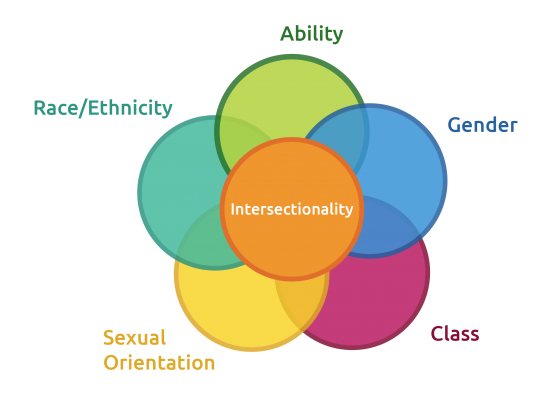More than 50 years ago, Special Olympics launched a global movement to break down barriers and end discrimination against people with intellectual disabilities. Today, we still have a lot of work to do to make sure this movement is accessible to everyone.
We believe that diversity, equity, and inclusion are fundamental principles that need to shape our identity, strategies and programs. By genuinely embracing diversity, equity, and inclusion, we believe that we can foster programs and events where everyone has access and feels valued, making for a stronger and more impactful movement.
We acknowledge that integrating diversity, equity, and inclusion sustainably requires ongoing dedication and an open dialogue. We are committed to learning, listening and evolving as we strive for a more equitable future for the Special Olympics Minnesota movement.
What is Diversity, Equity and Inclusion?
To address the intersectionality of disability within DEI work, Special Olympics Minnesota is committed to:
- Recognizing and respecting the unique experiences and challenges faced by individuals with intellectual disabilities and understanding how other aspects of identity intersect with disability.
- Fostering an inclusive and accessible environment at our events and in our office to accommodate the needs of people with disabilities.
- Promoting diverse and inclusive representation in leadership roles, decision-making processes, and all forms of media.
- Educating employees and community members about intellectual disabilities and its intersections, fostering empathy, understanding, and allyship.
- Collaborating with individuals with intellectual disabilities and disability advocacy organizations to inform and guide DEI initiatives, ensuring the inclusion of their perspectives and expertise.
By addressing the intersectionality of disability within DEI work, we can foster a more inclusive, equitable, and accessible movement for all.
Our commitment to diversity, equity, and inclusion requires continuous learning, reevaluating and improvement. We will hold ourselves accountable, regularly assess our progress, and remain transparent about our successes and challenges. We invite your feedback, suggestions, and collaboration as we work together to create a more equitable and inclusive movement!
DEI committee
The Special Olympics Minnesota DEI Committee exists to help advance the organization’s approach to diversity, equity, and inclusion. With help from the YMCA’s Equity Innovation Center of Excellence, the committee has formed a Chart of Work focused on three areas of growth and improvement: staff, board of directors and mission delivery.
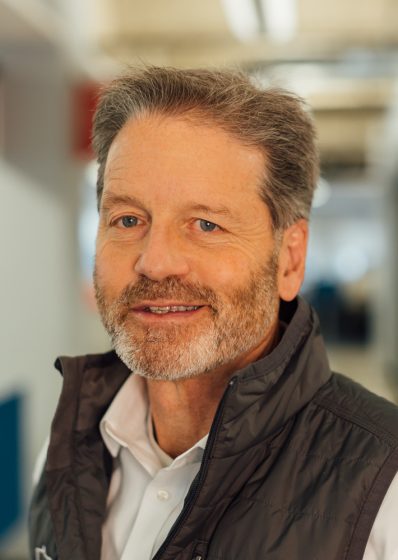
Dave Dorn
President/CEO
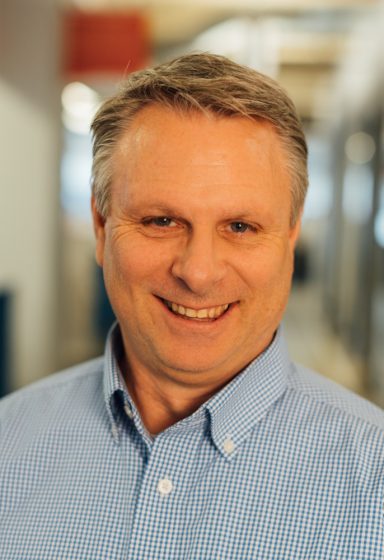
Bill Fish
Chief Development Officer
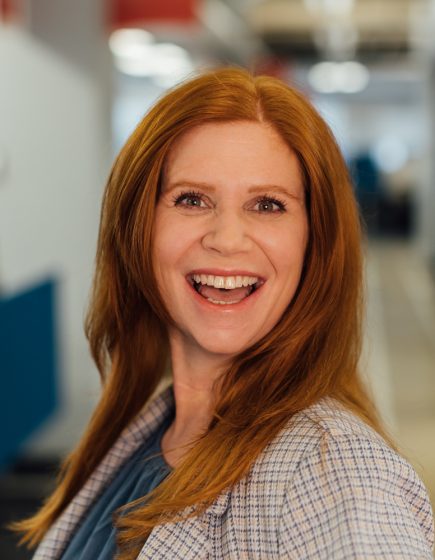
Melissa Holmes
Chief Finance & Administration Officer
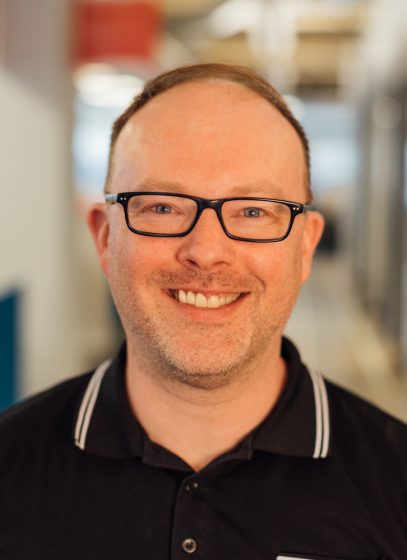
Greg Vanselow
Chief Operating Officer
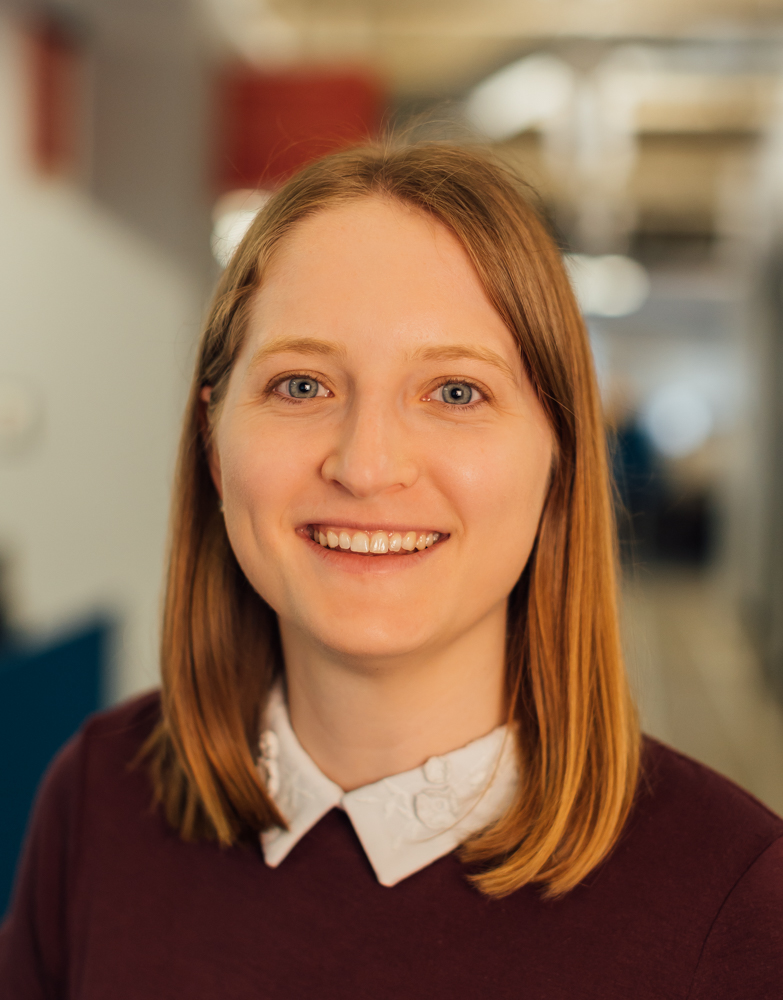
Katie Anderson
Marketing & Communications Coordinator
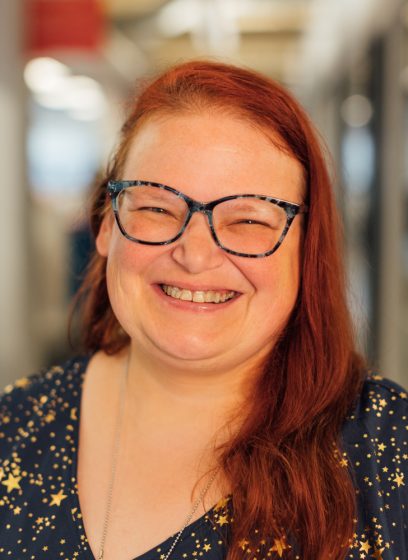
Nell Coonen-Korte
Program Assistant

Fernando Cordero-Vallejo
Senior Human Resources Generalist
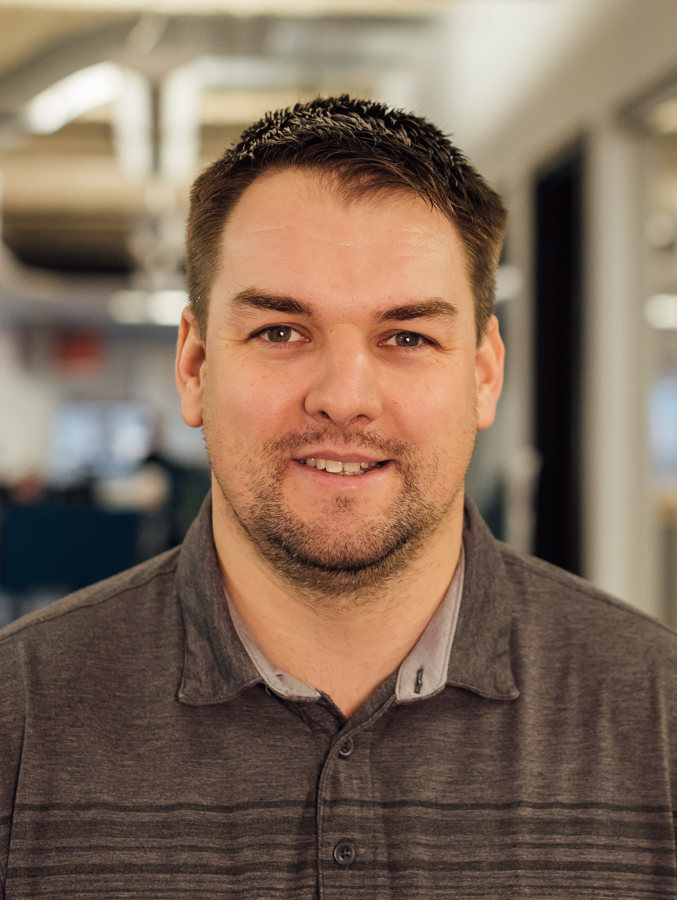
Jack Dobbs
Health Programs Coordinator
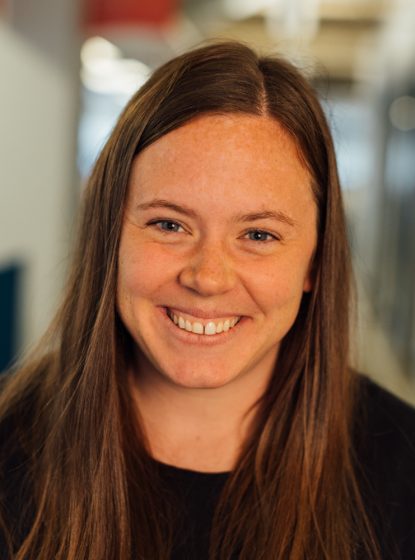
Molly Egan
Senior Manager of Special Events
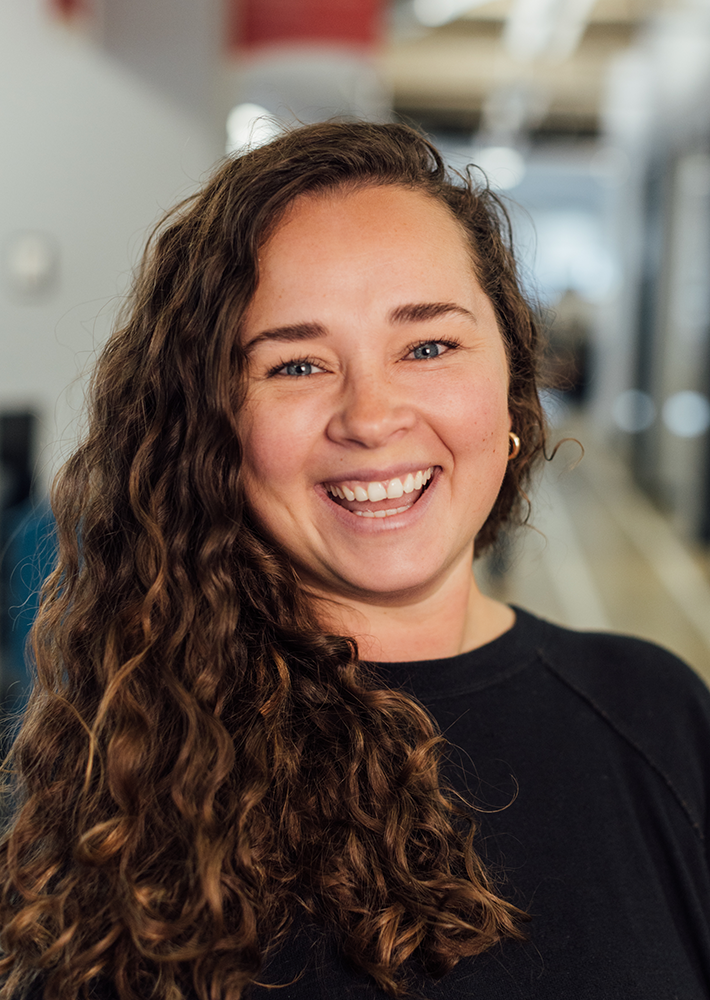
Emily Garness
Senior Volunteer Manager
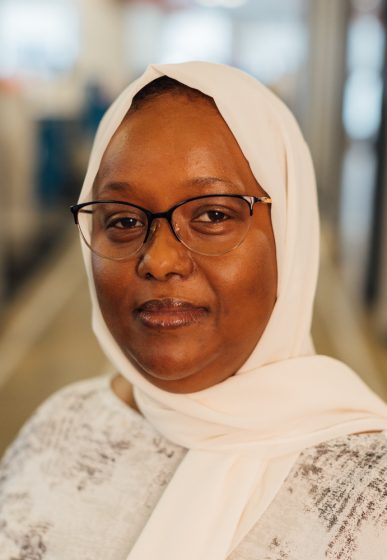
Hani Hussein Ali
Business Intelligence Analyst
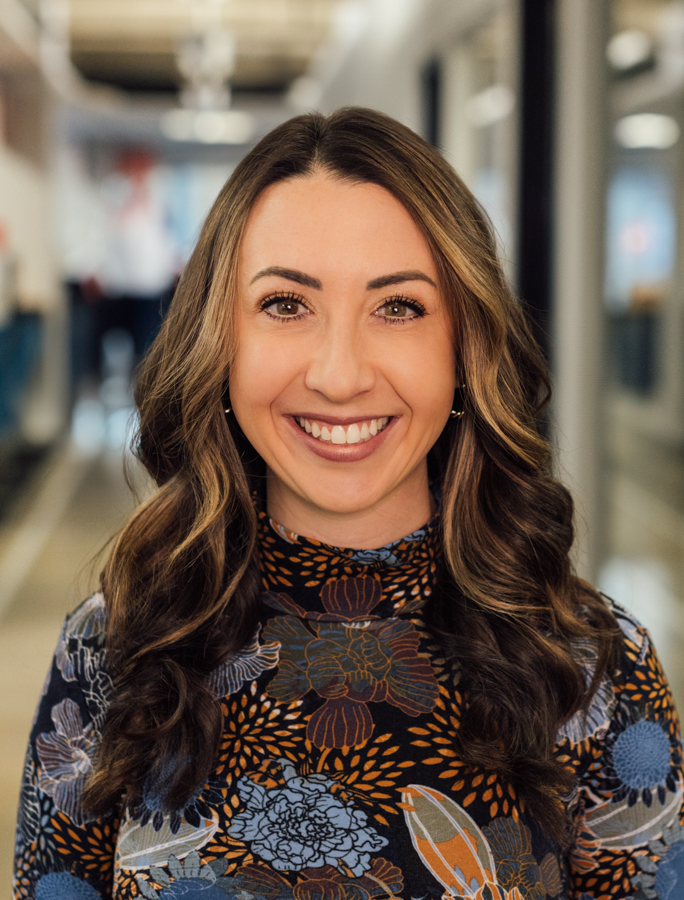
Kaitlyn Mack
Corporate Relations Manager
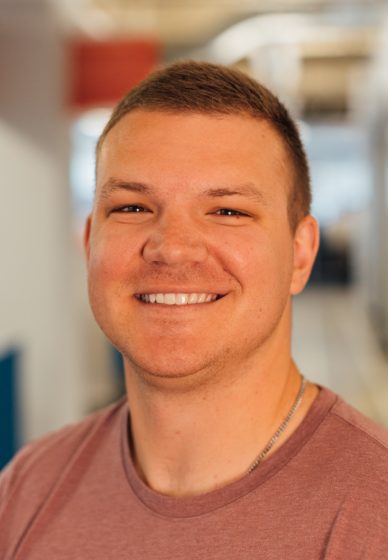
Derek Schiebel
Senior Sports & Training Manager
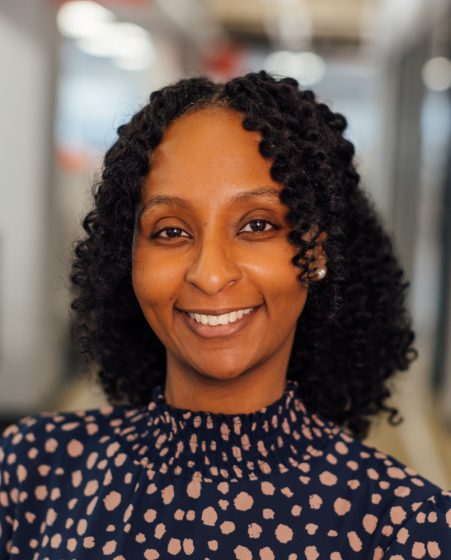
Demaya Walton
Director of Champion Schools


